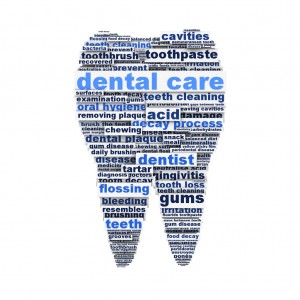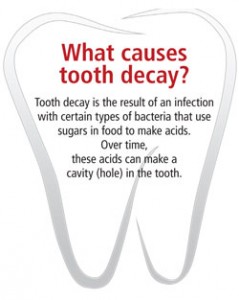Can a Water Pick replace Flossing?
March 14th, 2017
Dr.Hughes and the team at Lakewood Park Orthodontics know that keeping your teeth clean during orthodontic treatment can be a difficult task –especially when it comes to flossing. Weaving floss behind wires and brackets can be a challenge. This leads many of our patients to ask about the benefits of a water pick and whether or not it could replace flossing.

Some of our patients use a water pick to flush out food and bacteria stuck between their teeth and brackets. The water pick can reach places where floss simply cannot. Water picks are gentle on braces and on gums. They are less likely to cause bleeding for people with sensitive gums. People suffering from gum disease will find water picks effective in their ability to flush out bacteria from inside deep pockets.
Water picks have many benefits, but they are not an effective substitute for flossing. Water picks are not able to remove plaque from the teeth the way floss can. Water picks can rinse some of the sticky bacteria away but floss actually scrapes the bacteria off of the teeth. Although water picks are not a good enough tool on their own they can be used in combination with flossing and brushing to keep your pearly whites clean and healthy.
If you have any questions or concerns about water picks or your oral hygiene routine we encourage you to ask below or call our office.




